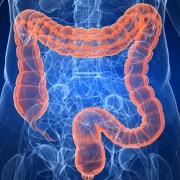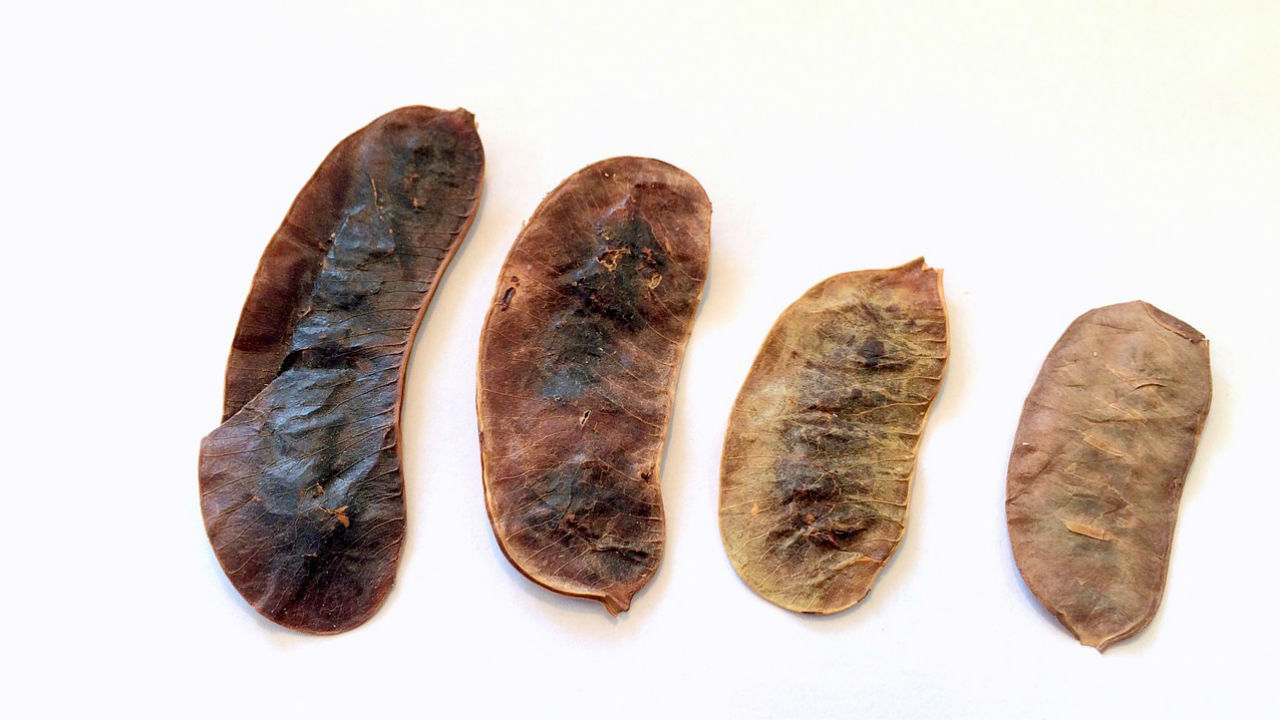 Photo: Getty Images
Photo: Getty Images
We all know logically that our diet should be “well-balanced,” and that our daily food intake should include a plethora of vitamins and minerals. Sometimes, though, the list of “necessary” nutrients can be overwhelming. How do these vitamins and minerals make a difference to our health, and how can we ingest these nutrients through our food intake rather than supplements?
This article, the first in this series, focuses on fiber—why it is critical for good health, and which foods can help us intake enough fiber without overdoing it.
Gastroenterologists tout the benefits of fiber for healthy digestion. Sufficient fiber intake averts constipation and resulting symptoms such as anal fissures. Doctors sometimes prescribe fiber for patients with diverticulitis, diabetes or heart disease. Furthermore, dietary fiber is bulky and fills you up, which can aid in controlling weight.
A 2008 American Dietetic Association (ADA) position paper stressed that people should consume a myriad of plant foods for adequate dietary fiber—25 g/day of fiber for adult women and 38 g/day for men. On average, Americans currently eat only 10-15 g/day of fiber. Most of us, then, can benefit from altering our diets to include more of this important nutrient. What should we add to our grocery lists?
Dietary fiber is found in fruits, vegetables, nuts, seeds, beans and grains. Fiber comes in two forms: soluble and insoluble. Soluble fiber helps slow digestion and can help lower cholesterol, which is beneficial to heart health. Oat bran, nuts, seeds, beans, barley, lentils and peas all contain soluble fiber. Bulky insoluble fiber is present in wheat bran, whole grains and vegetables.
To balance the intake of both kinds of fiber, the ADA recommends eating a variety of fiber-rich foods, which should include cereals and whole grains, dried beans and peas, and unpeeled fruits and vegetables. But take caution if these items are not already part of your regular diet. Adding too much fiber too quickly is a quick recipe for a stomachache. You might experience cramps, bloating, gas and even diarrhea. While this will go away after your system gets over its initial shock, you might be better off slowly adding more fiber to your diet over a period of 3 or 4 weeks. Also be sure to drink adequate amounts of water (about 8 glasses per day) to help fiber pass through your digestive system.
As you compile your next grocery list, then, be sure to choose several items from this list of top high-fiber foods, and take your first step toward better health.
Fiber-rich Foods and Their Fiber Content
- Split peas: 1 cup cooked = 16.3g
- Lentils: 1 cup cooked = 15.6g
- Black beans: 1 cup cooked = 15g
- Lima beans: 1 cup cooked = 13.2g
- Artichoke: 1 medium cooked = 10.3g
- Peas: 1 cup cooked = 8.8g
- Raspberries: 1 cup = 8g
- Whole-wheat pasta: 1 cup cooked = 6.2g
- Barley: 1 cup pearled, cooked = 6g
- Pear: 1 medium unpeeled = 5.5g
- Bran flakes: 3/4 cup = 5.3g
- Oat bran muffin: 1 medium = 5.2g
- Broccoli: 1 cup boiled = 5.1g
- Turnip greens: 1 cup boiled = 5g
- Apple: 1 medium unpeeled = 4.4g
Sources
Medline Plus
American Dietetic Association
Mayo Clinic
Reviewed June 2, 2011
Edited by Alison Stanton





Add a CommentComments
There are no comments yet. Be the first one and get the conversation started!